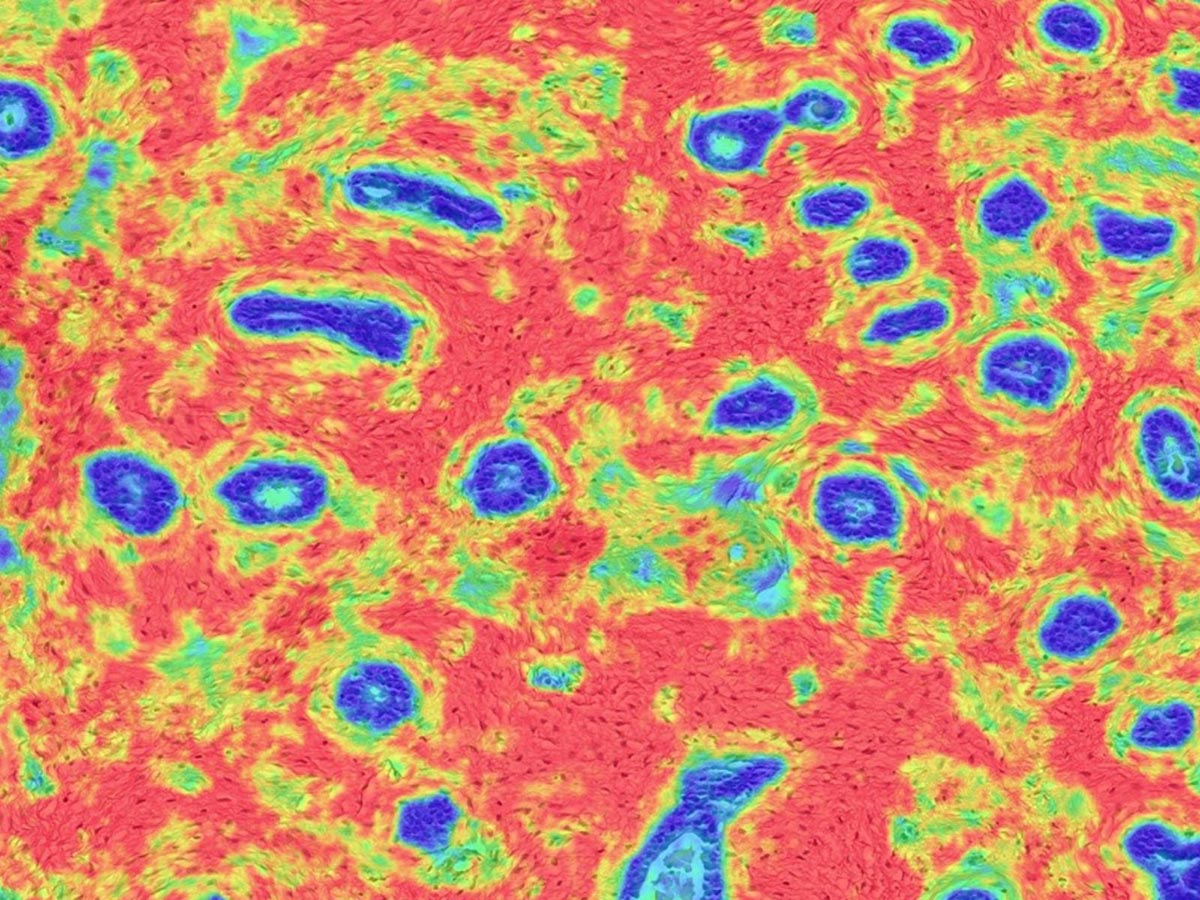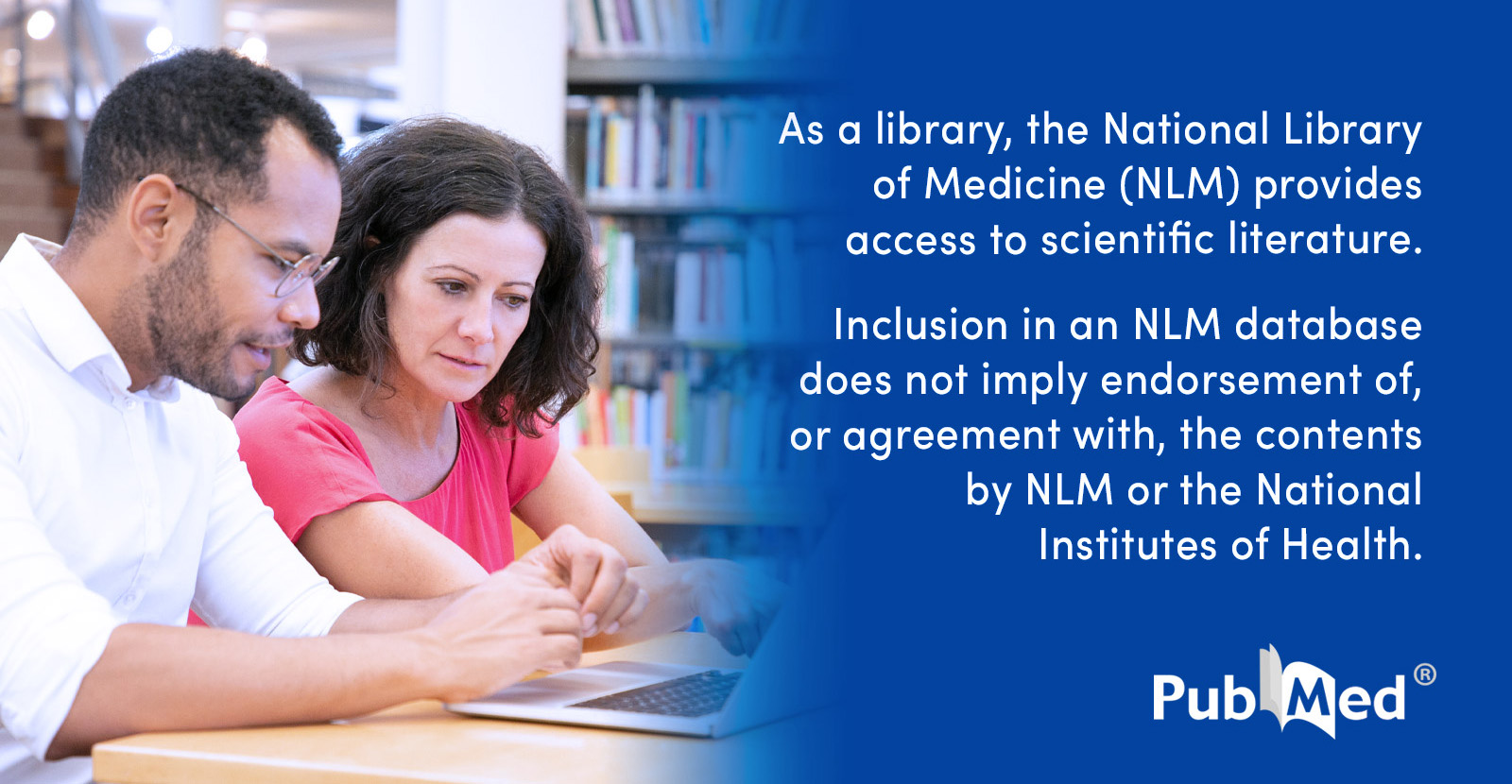Behind the Wheel: Process Evaluation of a Safe-Transport Program for Older Drivers Delivered in a Randomized Controlled Trial.
Autor: Coxon, Kristy; Hunter, Kate; Chevalier, Anna; Brown, Julie; Clarke, Elizabeth; Rogers, Kris; Boufous, Soufiane; Ivers, Rebecca; Keay, Lisa
Publication year: 2020
Journal of applied gerontology : the official journal of the Southern Gerontological Society
issn:1552-4523 0733-4648
doi: 10.1177/0733464818811015
Abstract:
This process evaluation explores relationships between program outcomes and intervention implementation in a trial evaluating “Behind the Wheel,” an education-based safe-transport program for older drivers. Participants (intervention group) were 190 Sydney drivers aged ⩾75 years (M = 80 ± 4years). Process measures included fidelity, dose delivered, and received. Outcomes were self-reported driving regulation and objectively measured driving exposure. Relationships were explored using regression models. Older drivers who took ownership of driving retirement and self-regulation by developing plans were more likely to reduce their weekly driving, (β = 38 km, 95% confidence interval (CI) = [7.5,68.7]), and night driving (β = 7 km, 95% CI = [3.5, 10.4]). Drivers of older age (odds ratio [OR] = 1.1/year older, 95% CI = [1.05, 1.3]) had greater odds of developing driving retirement plans. Female drivers (OR = 2.7,95% CI = [1.1, 6.9]), drivers with poorer function (OR = 1.2/5-point decrease on DriveSafe, 95% CI = [1.04, 1.4]), and worse health (OR = 1.2/additional medication, 95% CI = [1.02, 1.5]) had greater odds of developing safe mobility plans. This program had greatest impact with older, lower functioning drivers. A stronger message was delivered and received, as intended, to older drivers with lower function and poorer health. Our logic model can help channel resources to drivers who benefit most.
Language: eng
Rights:
Pmid: 30466338
Tags: Humans; Aged; Female; Australia; Self Report; *Automobile Driving; Accidents, Traffic; aging; Safety; education; safety; Geriatric Assessment; Health Status; process evaluation; community mobility; driving; logic models; naturalistic driving
Link: https://pubmed.ncbi.nlm.nih.gov/30466338/








